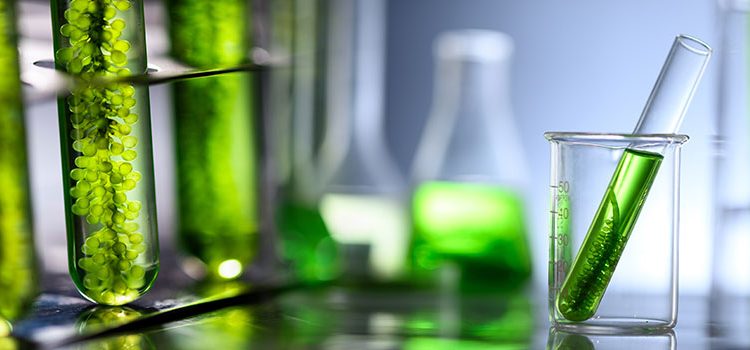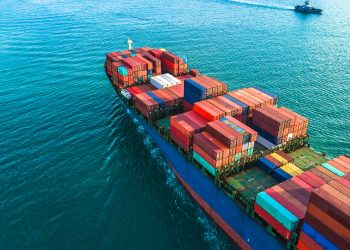Maritec explained the ISO 8217:2024 version that has included additional test parameters to measure FAME content, energy content and oxidation stability for bio-marine fuels.
Bio-marine fuel is widely adopted as a drop-in fuel to achieve the current emission requirements in the shipping industry. ISO 8217:2024 specification allows bio-marine fuels to contain up to 100% fatty acid methyl ester (FAME). The major production route of FAME is transesterification of vegetable oils, animal fats or used cooking oils with methanol using alkaline catalysts.
Accurate Net Specific Energy (NSE) assists with efficient fuel consumption management
Maritec highlights how one of the most important testing parameter or property of bio-marine fuel is Energy Content. Accurate measurement of NSE for energy content of bio-marine fuels is essential for efficient fuel management onboard ships with respect to:
- Fuel consumption
- Voyage planning
- Operating cost
- Machineries or equipment performance
- Emission & environmental implications
Why accurate testing of Energy Content is an essential test parameter for Bio-marine fuel
According to the compiled data by Maritec, marine fuel containing FAME typically has lower energy content compared to conventional marine fuels.
In addition, energy content of marine fuel containing FAME shall be determined by ASTM D240 method and cannot be calculated using the current NSE formula, which is commonly used for the conventional marine fuels.
Based on the data evidence shared, it is clearly indicated that bio-marine fuels have lower energy content when compared to conventional bunker fuels, which will contribute to a higher fuel consumption rate.
Furthermore, the current formula used to calculate NSE of conventional marine fuels is not applicable to bio-marine fuel.

For efficient bio-marine fuel management onboard ships and for accurate measurement of energy content of bio-marine fuels, Maritec strongly recommends that Energy Content for all bio-marine fuel should be determined in advance and further, the NSE (or net heat of combustion) should be measured using ASTM D240 method before is it used onboard vessels.































































